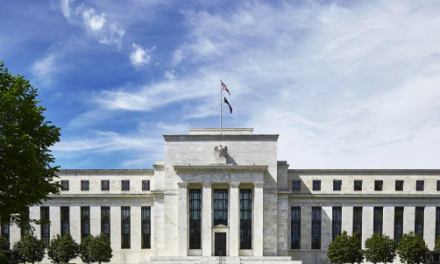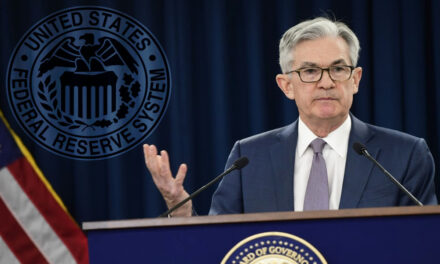Despite the best efforts of both the European Commission (EC) and the European Central Bank (ECB), policy makers in the European Union are still on the fence regarding the proposed central bank digital currency (CBDC) more colloquially referred to as the digital euro.
During a recent meeting of EU finance ministers, Irish finance minister Paschal Donohoe remarked that the actual added value of the CBDC to the regional economy as well as the everyday lives of citizens remains unclear.
But while Donohoe has taken a positive view regarding the initiative, going so far as to say that it was a necessary measure to safeguard the sovereignty of the euro against foreign currencies, his peers are not so enthusiastic.
One reason why is that the proposed bill seems to focus on aspects that could be perceived as negative. These include limiting the size of individual holdings and the payment of interest – two items that were added to prevent the possibility of the CBDC coming into direct competition with traditional savings and investment measures.
Another is the wariness expressed by members of the European Parliament regarding the possibility that the digital token could replace tangible currency in the near future, along with the additional possibility that its deployment could lead to the creation of a totalitarian social credit system like the one presently in use in China.
A third reason for policymakers’ ambivalence regarding the digital euro is the way payment networks in the EU are linked to American payment portal firms like Visa and Mastercard. This essentially puts the EU facing the US’ somewhat irregular sanctions policy for such portals. Also, commercial banks within the region see the CBDC as a direct rival to their own private payment methods.
At any rate, given the unclear concepts of the digital euro along with its undefined benefits, it is becoming highly unlikely that the token will gain any solid political backing prior to the EU elections slated for June of next year.















